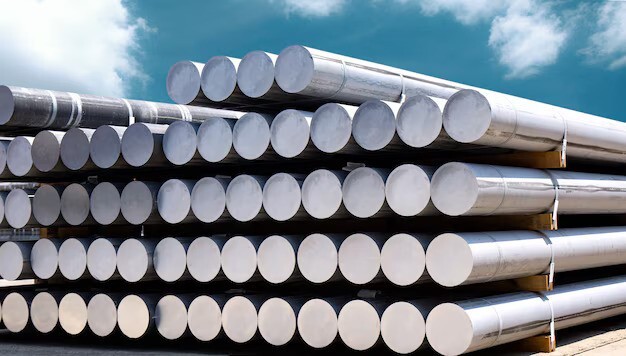EU expands sanctions on Russian aluminium: industry calls for closing loopholes
European Aluminium, the voice of the entire aluminium value chain in Europe, welcomes the inclusion of primary
aluminium in the EU's 16th sanctions package against Russia. This package expands existing restrictions on Russian
aluminium imports and addresses a longstanding request of the industry to include primary aluminium alongside
previously sanctioned products. The new sanctions cover key aluminium product categories, such as ingots, slabs,
and billets, under the trade code HS 7601. Furthermore, a quota mechanism is introduced, allowing 275,000 tons,
which equates to 80% of EU imports in 2024, to be used over a 12-month period.

The EU's imports of Russian primary aluminium have declined significantly over the past two years, driven by proactive
steps taken by European producers to reduce reliance on Russian metal. While European Aluminium supports the
sanctions as an important step toward reducing reliance on Russian imports, the association warns that their
effectiveness could be undermined without strong complementary measures. There is a risk that Russian metal could
be rerouted or processed into semi-finished products in third countries before being reimported into the EU. If left
unaddressed, such practices would severely weaken the impact of the sanctions, further distort the European
aluminium market, and erode fair competition.
European Aluminium urges the European Commission to implement an indirect ban on aluminium products from third
countries that are produced using Russian metal, especially for semi-finished products. This should be followed by
rigorous monitoring mechanisms and stricter controls on aluminium imports from third countries to prevent Russian
aluminium from entering the EU market under false pretences.
"We welcome the Commission's proposal and see it as a very important step in the European aluminium value chain
achieving full independence from Russia," says Paul Voss, Director General of European Aluminium. "However, if the
sanction is to achieve its stated objective of starving the Russian war machine of funds, the Commission will need to
use the proposed transitional period to add further provisions to ensure that Russian metal doesn't simply end up
entering the EU in the form of semi-finished products via third countries."
This news is also available on our App 'AlCircle News' Android | iOS














.png/0/0)






